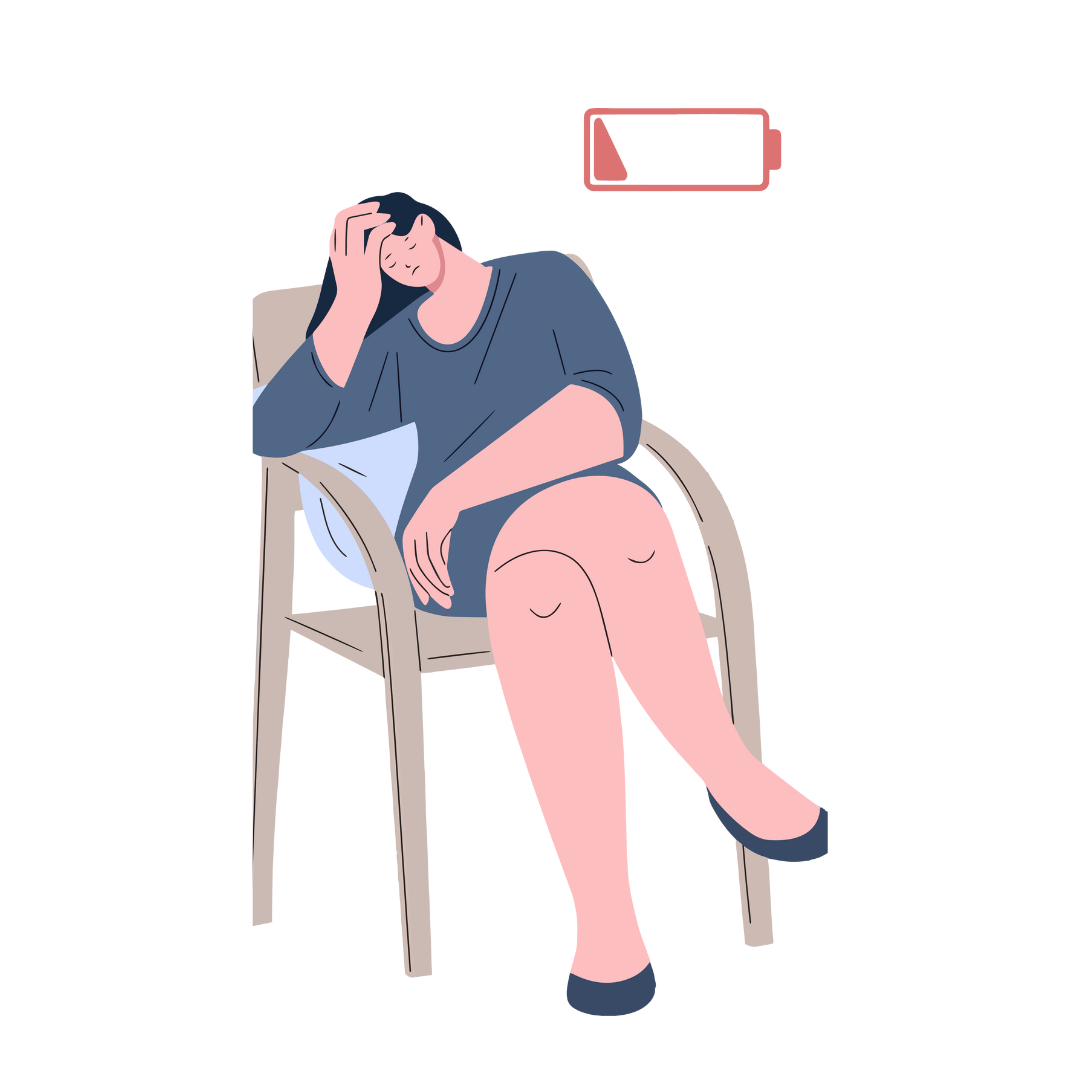Emotional Regulation Techniques for ADHD: Name it to Tame it
Emotional Regulation Techniques: How Naming Your Feelings Can Help You Stay in Control
Have you ever felt overwhelmed by emotions, to the point where they seemed to control you? Maybe your heart races when you're nervous, or you feel like crying when you're angry but can’t understand why. If you've ever experienced emotional overload like this, there's a simple yet powerful strategy you can try: naming your feelings. This technique, often used in emotional regulation, can be especially helpful for ADHD women or anyone struggling to manage their emotions. Let’s explore why it works.

Why Naming Feelings Matter
When you name your emotions—whether it’s anger, frustration, sadness, or joy—it’s like shining a light on them. Suddenly, the overwhelming emotion becomes something you can see and understand. Scientists have found that putting feelings into words can actually reduce the activity in a part of your brain called the amygdala. The amygdala is responsible for emotional reactions, especially in stressful situations, and when it's overactive, emotions can feel out of control.
Research shows that describing your feelings aloud or writing them down (this is called affect labeling) can calm the amygdala. It acts like a mental pause button. By naming your emotions, you allow the right ventral lateral prefrontal cortex (RVLPFC) to take over. This part of the brain helps you process emotions logically, giving you more control over them. Saying something as simple as, "I feel angry," helps you start to regain control over your emotional response.
The Science Behind Emotional Regulation
Imagine you see something that triggers fear, like a photo of a snake. If you only focus on your fear—panic, dread—your amygdala becomes highly active, intensifying those emotions. But if you pause and say, "I’m scared of that snake," you engage your RVLPFC, which processes emotions in a more symbolic way. This allows you to think about your fear instead of just feeling it. As your RVLPFC becomes more active, your amygdala quiets down.
In fact, studies have shown that the more active your RVLPFC is during emotional regulation, the less active your amygdala becomes. Your brain balances emotional responses with logic and language.
How It Helps People with ADHD and Emotional Regulation Challenges
For people with ADHD, emotional regulation can be especially difficult. Intense feelings like frustration, anger, or anxiety can hit quickly and feel impossible to control. The good news is that naming those feelings—like saying, "I feel really frustrated right now" or "I’m anxious about this test"—can help reduce the intensity of those emotions. It gives you a chance to pause, breathe, and figure out your next steps, rather than reacting impulsively.
Think of it like this: emotions are a wild horse, and naming them is like grabbing the reins. Instead of letting the horse run wild, you steer it. This simple emotional regulation technique can be a powerful tool, especially when you’re feeling overwhelmed.
Putting Naming Your Feelings into Practice
The next time you feel your emotions taking over, try these steps:
- Pause and take a deep breath.
- Identify the emotion you're feeling. Are you sad? Angry? Embarrassed? Nervous?
- Say it out loud or write it down: "I feel frustrated because I don’t understand this problem," or "I’m nervous about this meeting."
- Acknowledge it without judgment. It’s okay to feel the way you do—everyone experiences strong emotions sometimes.
This simple act of naming your emotions can help calm your brain, allowing you to think clearly and make better decisions. With practice, these emotional regulation techniques can help you feel more in control of your emotions, no matter how intense they become.
Final Thoughts
"Name It to Tame It" is a simple yet effective technique, and it’s supported by science. For people with ADHD, or anyone who struggles with emotional regulation, this method can be incredibly helpful. It’s okay to feel strong emotions, but just taking the time to name those emotions can help you manage them. So, the next time you feel overwhelmed, remember to use this emotional regulation technique: name it to tame it!




